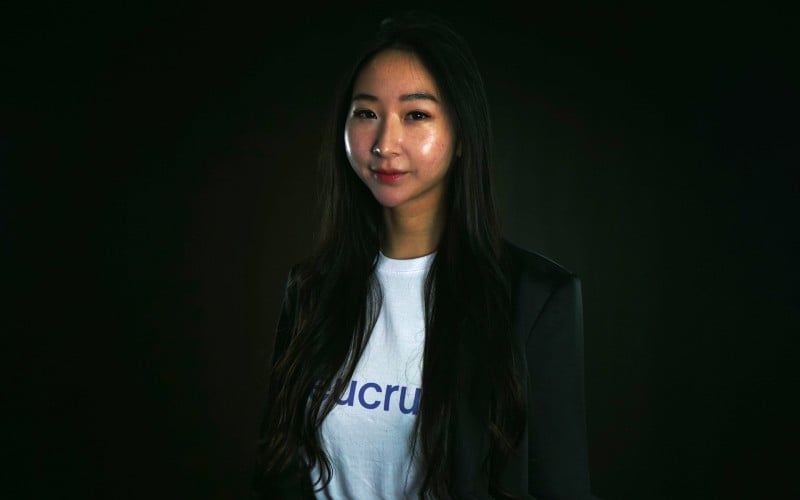MedTech founders face a long and hard road if their treatments are to change people’s lives.
It can take a decade or more to get these visionary products to market as they clear hurdles around clinical studies, regulatory clearance and commercial partners. In the meantime, those who might benefit continue to suffer.
Livia Ng, scientist and entrepreneur, is looking to help change that by injecting patient diversity into drug research.
During her neuroscience degree and post-grad research at UCL, Ng became aware of the dangerous lack of transparency and patient diversity in traditional medical research trials.
Determined to change this, she founded Neuroute in 2019: transformative deep-tech that recruits and empowers patients from diverse backgrounds to participate in drug trials.
“High costs associated with study completion and delays cripple innovation from SMEs with finite resources,” she tells TechBlast. “43% of phase 3 clinical trials fail due to delays or inadequate funding rather than lack of efficacy.
“This means medications that have vast potential to improve patient quality of life are stalled in development, and significant time is wasted for these founders – up to 12 years – with incredible visions of transforming lives.”
To date, Neuroute has delivered patient recruitment 5x faster than industry standard across 65+ clinical trials, including with Johnson & Johnson. In a nationwide anxiety and depression study, Neuroute’s tech facilitated a 670% increase in BME patient participation.
At just 25 years of age, Livia has already raised over $1 million to scale Neuroute and grow her team of cross-functional neuroscientists, designers and engineers.
“I believe in building a society where healthcare innovation is not a monopoly, and where visionaries have the ability to develop life-changing medications for patients without large clinical operations teams or expensive outsourcing solutions,” she continues. “This will, in turn, will improve the quality of innovation for healthcare systems.”
How female founders can overcome ‘invisible’ funding barriers
The Neuroute team includes members with experience leading global companies across seemingly divergent industries – from big pharma to media and finance. “We will support the development of 2,750 therapeutics over the next five years that will positively impact millions of lives around the globe,” predicts Ng.
The data and SaaS platform supports healthcare founders from early-stage to scale through feasibility, site selection and patient recruitment – critical steps in the journey to bringing life-changing products to market.
“Data is the most valuable resource in the healthcare sector. As more investment and innovation is funnelled towards informed decision making, I expect to see significant progress in the speed of data collection, processing and utilisation to drive breakthroughs in healthcare research, development, and operations,” says Ng.
“Clinical development is one particular area that is on track to benefit hugely from informed decision making. Despite an exponential growth in clinical trial volume (30% YoY), average time to completion has remained unchanged across phases 1,2 and 3; 12, 24 and 48 months, respectively.
“Current in-house and outsourced methods of clinical trial planning and recruitment are highly manually intensive, requiring high volumes of staff and long timelines – more than six months.
“Informed decision making supported by data will enable sustainable growth in the pharmaceutical sector, and wider sectors relating to healthcare delivery.”
What advice would Ng offer to other young women looking to break into a career in STEM or STEM entrepreneurship?
“I would think carefully about the intentions behind your career goals, and if the intention is aligned with your values, start pursuing those goals as early as possible,” she answers. “Careers in STEM and healthcare innovation require a significantly longer development period compared to other industries.
“Although STEM female founders are significantly more represented in later stage companies compared to other industries, the hard truth is that as a woman in STEM, it’s much harder to take career breaks or juggle family responsibilities than it might be in other sectors.
“This absolutely needs to change if we are to see a much-needed injection of gender diversity in Britain’s STEM sector.”


